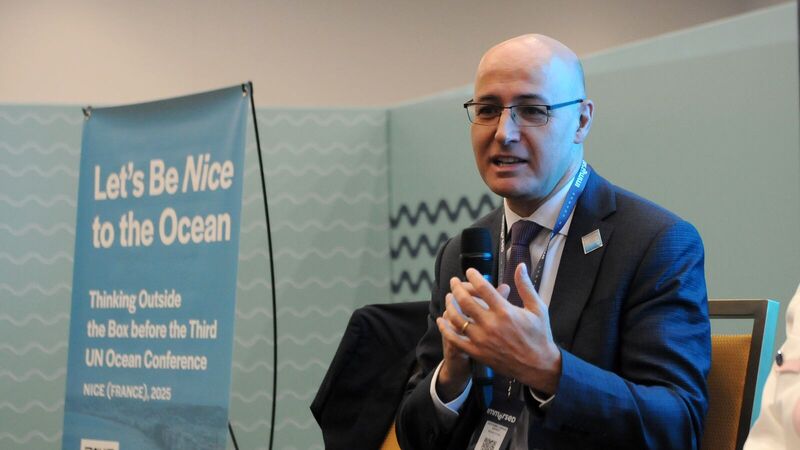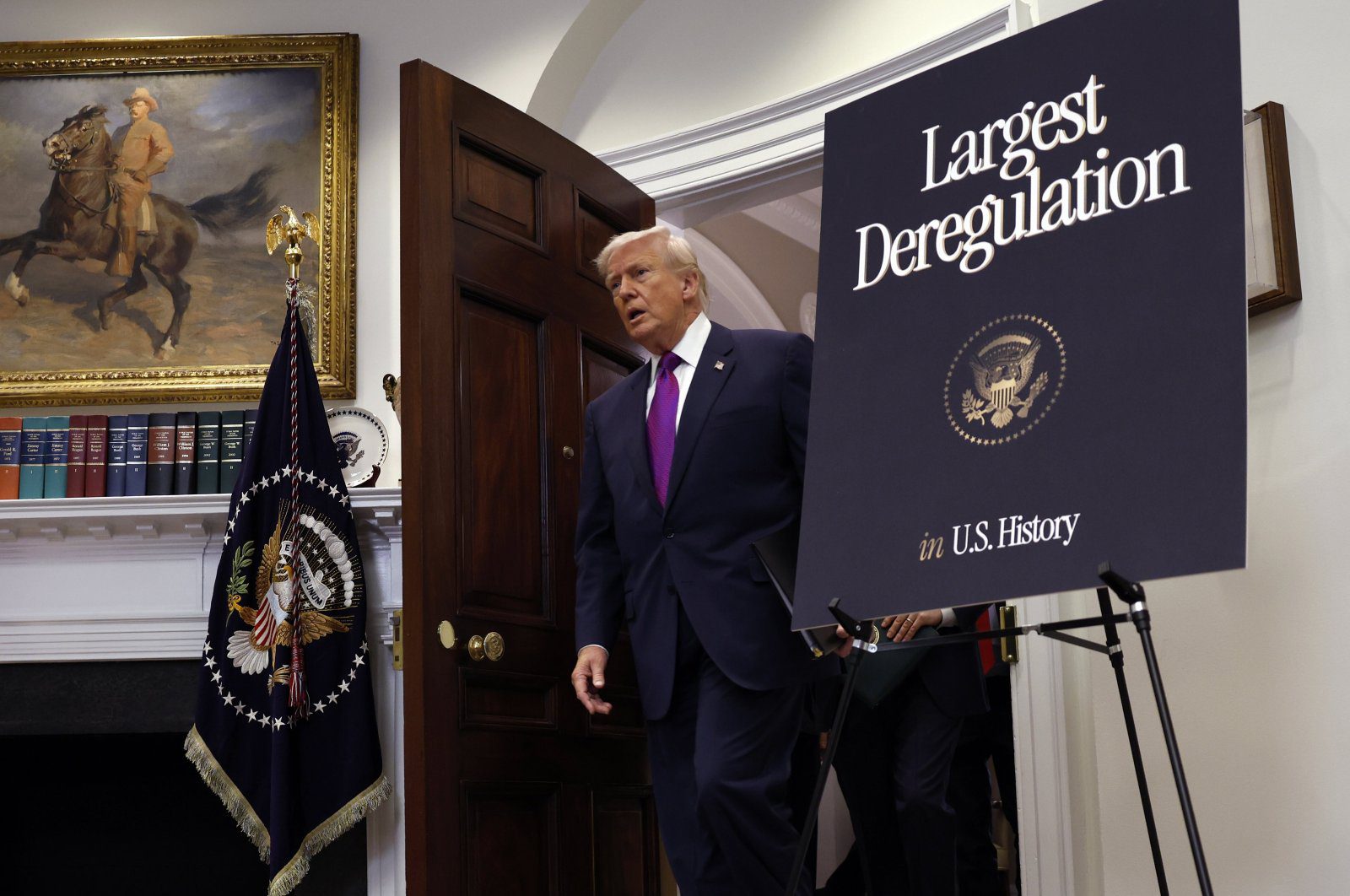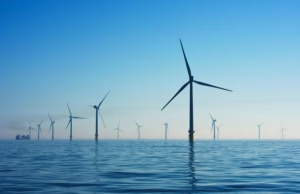I have seen a few articles this week about the ‘end of ESG’ (e.g. FT, Bloomberg, Institutional Investor). That may be no bad thing because it might lead us back to the more fundamental issue that ESG and other terms have been obscuring.
That fundamental issue is whether achieving sustainability is a “win-win” – ‘good for profit and planet’ etc. – or whether it is a “trade-off” that will require costly regulation and behaviour change. (Note: regulation is always costly because that is its method of action).
Sustainability as “win-win” or “trade-off” is the real binary that divides people and which has been shrouded by so much surface terminology.
There is a history to all this. When large-scale ecological challenges first surfaced in the 1960s-70s, the immediate recourse was to policy and regulation, understood then to be the most effective way to tackle externalities. The high point of this period was probably the achievement of the Montreal Protocol in 1987, signed by 198 countries.
But through the 1990s and particularly in the run-up to the Kyoto meeting of 1997, there was concerted corporate opposition to ‘environmental policy’ culminating in the headline failure of the Kyoto Protocol. While many other developments played a part, it is somewhat remarkable that Google Ngram reveals 1997 as the peak year of usage of the term ‘environmental policy’.
What replaced the belief in policy and regulatory solutions was the idea that sustainability might be a ‘win-win’ and that a ‘business case for sustainability’ might carry the day. As the graph also shows, this concept emerged at that time. (Note: the y-axis is an index. ‘Environmental policy’ has much greater absolute usage than ‘business case for sustainability’ – not least because the latter is a longer term – but their relative trajectories tell a story. Many other terms, such as ‘CSR’, ‘ESG’, and ‘triple bottom line’ also date from the late 1990s/early 2000s).
Change the World - Subscribe Now
What the ‘end of ESG’ articles may really be signalling is the end of the shift in meta-strategy that took place in the late 1990s.
The great hope was that there would be a sufficient business case for sustainability to make enough of a difference. What the last 25 years has revealed is that the business case for sustainability is extremely modest and continues to be dwarfed by the business case for unsustainability. Microsoft’s and Google’s willingness to effectively drop their GHG emissions commitments at the first sniff of AI profits is just the latest high-profile exemplar of the problem.
In a sense, we are all the way back in 1997 again, but having lost a quarter of a century of time, and with climate and biodiversity problems that are only more serious.
RELATED ARTICLE: Wall Street Shifts from ESG to Sustainability Amid Political Backlash

 Follow SDG News on LinkedIn
Follow SDG News on LinkedIn











